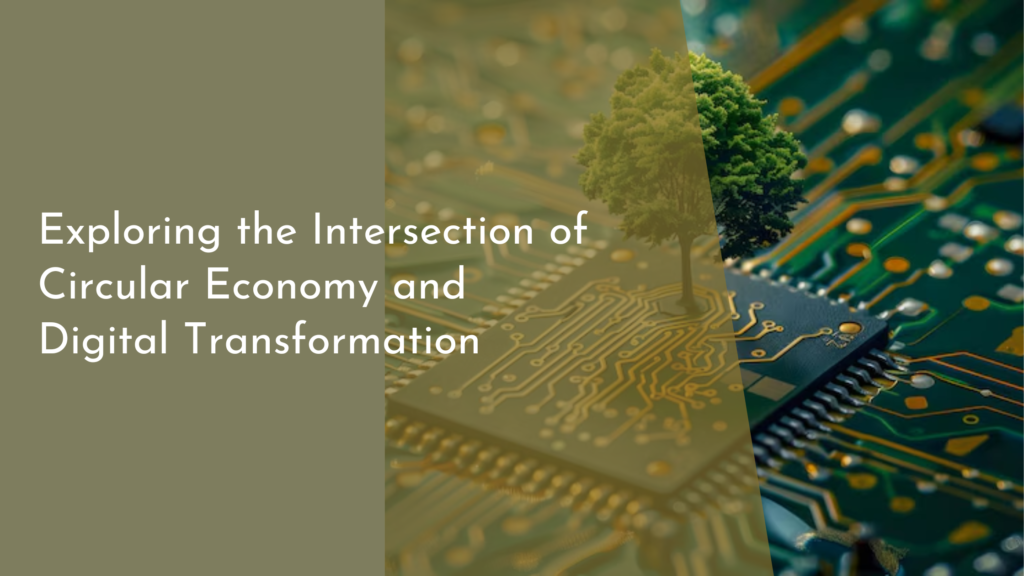Energy-efficient Cooking: Save Power with These Tips
As energy costs continue to rise and environmental concerns become more pressing, many of us are seeking ways to reduce our energy consumption in the kitchen. Cooking is an essential part of daily life, but it doesn’t have to be an energy drain. By adopting energy-efficient cooking practices, we can not only save on utility bills but also contribute to a healthier planet. Let’s dive into some practical tips and tricks to make your cooking more energy-efficient.
Understanding Energy-Efficient Cooking Basics
Energy-efficient cooking begins with an awareness of the fundamentals, such as understanding how much energy your cooking methods and appliances consume. Traditional methods, like using large ovens for small meals, can be a significant waste of energy. Instead, opting for smaller appliances, like toaster ovens or microwaves, for small tasks can significantly cut down on energy use. Additionally, cooking with gas is generally more efficient for specific tasks compared to electric, but it’s crucial to manage the flame size to match the pot size to avoid unnecessary energy waste.
Another critical aspect of energy-efficient cooking is meal planning. By organizing your meals for the week, you can reduce the need for multiple cooking sessions. Batch cooking is an excellent technique that allows you to prepare larger quantities of food at once, minimizing the times you need to turn on appliances. Sticking to a plan helps reduce the overall energy footprint of your kitchen, as well as your trips to the grocery store if you shop thoughtfully.
Choosing the Right Appliances for Efficiency
When it comes to selecting kitchen appliances, energy efficiency should be a top priority. Many modern appliances come with energy ratings that provide insight into their energy consumption. Look for appliances with the ENERGY STAR label, which signifies that they meet energy efficiency guidelines set by regulatory bodies. Induction cooktops are another great option, as they heat pots and pans directly, reducing wasted heat and cooking time.
The size of your appliances can also impact energy efficiency. A large fridge or oven might be tempting, but if you’re not regularly cooking for a large group, they could be consuming more energy than necessary. Consider downscaling to more appropriately sized appliances to match your typical usage. Additionally, keep your appliances well-maintained, as a neglected appliance can become an energy hog. Regular cleaning and servicing ensure that they operate at peak efficiency.
Smart Cooking Techniques to Save Energy
Smart cooking techniques are essential for reducing energy consumption in the kitchen. One such technique is to use residual heat to your advantage. For instance, turn off the oven or stovetop a few minutes before the cooking time ends, allowing the residual heat to finish the cooking process. This simple strategy can trim your energy usage without compromising the quality of your meals.
Another energy-saving technique is to embrace the use of lids on pots and pans. Cooking with a lid can significantly reduce cooking time by trapping heat and moisture. It also allows you to lower the heat setting on your stove, as the heat retention is more efficient. Additionally, consider using pressure cookers or slow cookers, which are designed to cook food at lower energy costs compared to conventional methods.
Concluding Thoughts on Energy-Efficient Cooking
In our quest for energy-efficient cooking, small changes can lead to substantial savings. By integrating these tips into your everyday cooking routine, you’ll not only cut down on energy consumption but also enjoy the benefits of saving money and reducing your carbon footprint. The kitchen is a place of creativity and comfort, and with mindful practices, it can also be a place of sustainability.
Making energy-efficient cooking a part of your lifestyle doesn’t require drastic changes or sacrifices. It’s about making informed choices and understanding the impact of those choices. As we become more conscious consumers, each step we take towards efficiency contributes to a healthier environment. So, let’s continue to cook with joy and a sense of responsibility for the world around us.
Embracing energy-efficient cooking is a rewarding journey that benefits both your wallet and the planet. With the right knowledge and tools, anyone can make their kitchen a hub of sustainability. Start small, make conscious choices, and watch as your efforts contribute to a greener future—one delicious meal at a time.


